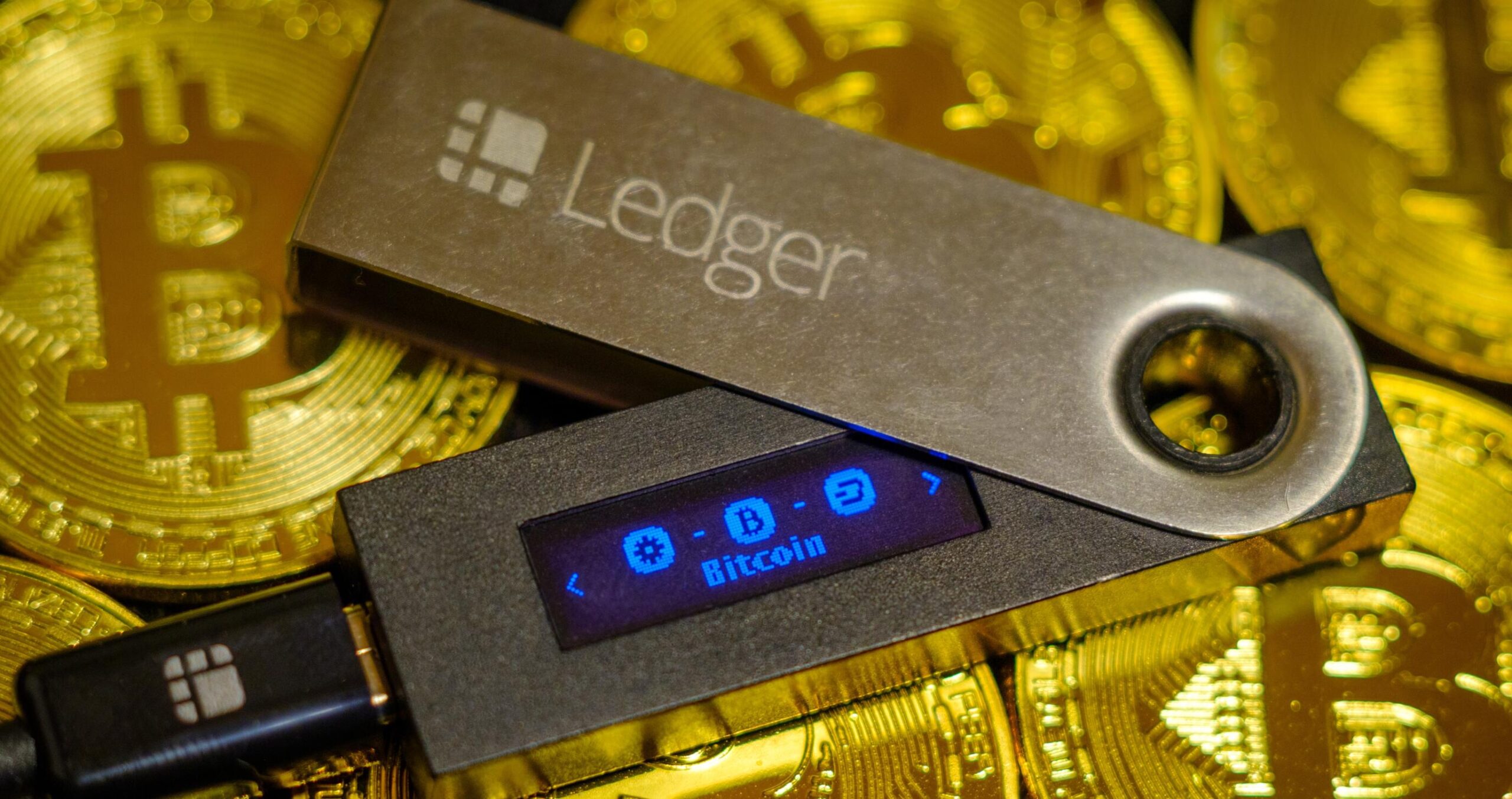When you venture into the crypto space, one of the first things to consider is where to put these assets. While this could be as easy as choosing the most popular one and registering in split seconds, there is more to it than this 2 step process.
Just like players have to do some research before they choose an online gambling platform like slotoro casino, there is a lot to consider when selecting a cryptocurrency wallet, including security, investment timeframe, reputation, fees, and more. Finding the one platform with all of these features can take time.
However, this article aims to do all that heavy work for you. We’ve researched and compiled the best options on the market, taking into consideration all necessary factors. Let’s get into it.
Overview of Cryptocurrency Wallets
A crypto wallet is an application, platform, or device that enables investors and traders to store their crypto keys and access their assets. These storage systems could be custodial (online) or noncustodial. The custodial is a third-party exchange that stores your keys for you.
On the other hand, noncustodial gives full control over your digital assets and does not need third-party managers.
Aside from this categorization, there are other subtypes like software, hardware, and paper wallets. These devices can also be online or offline, that is, hot or cold.
Types of Crypto Wallets
Today, it is not that difficult to find a crypto wallet. However, today, there are several types of these, so how to choose? Let’s have a look at some of the most spread crypto wallet types:
Hardware
These categories of storage devices are physical wallets used to store the cryptocurrency’s private keys in an offline (cold) medium. They resemble a USB drive and can be connected to the internet from time to time to receive assets or make basic transactions, but the primary state is offline.
Hardware storage devices are typically noncustodial and managed by the owner, not a third-party network. Think of this as your asset vault that lets you store your coins safely with minimal online interaction.
The major advantage here is that your private key remains unexposed, especially in the case of online hacks and theft. Other major advantages of a hardware device are:
- No vulnerability to computer viruses;
- User-friendliness;
- Portability;
- Standard backup and recovery options.
Ledger and Trezorare 2 are common ones to consider.
Software
Unlike hardware devices, software (hot) wallets are online-based and electronic and can be accessed on any mobile device. You can use them by connecting to the internet, and third-party networks manage the services.
Software storage platforms are crypto exchange platforms that can also be used to carry out numerous transactions. Some major perks of these applications are that they are convenient, come with good security, and have lower fees. Some good options are:
- Coinbase;
- Metamask;
- Crypto.com;
- Exodus;
- Gemini.
Paper
Paper storage systems are printed documents that contain your cryptocurrency’s private key and public key. The private key is necessary to access and manage your funds, while the public key is used to receive funds.
They are considered one of the safest choices because they are physical objects and are immune to the major security challenges in the crypto market. The private key is stored offline, which greatly reduces the risk of theft from online attacks.
Also, usability is relatively easy because the process of creating a paper wallet is straightforward and doesn’t require special hardware or software. However, there is a disadvantage of versatility and convenience.
How to Choose the Best Wallet for Your Assets?
Now that you know the options out there, the next question would be which one is the best for you. To answer this question, you need to ask yourself what your priorities are. If you prioritize versatility, convenience, short-term usage, and other additional services, then software applications are your best bet.
On the flip side, those who are more particular about security lean towards hardware devices. Hardware devices are also more appropriate for long-term investors, as day-to-day transactions using such devices can be tedious.
Software applications allow swift and convenient daily interactions that many traders prefer. The paper system is also ideal for long-term investments but is not a conventional medium in this age. Ultimately, the advice is to weigh your options and lean into a choice that addresses your priorities.
Securing Your Assets With Crypto Wallets
All categories of devices listed in this article have options for you to choose from. Leading platforms like Coinbase and Metamask are in the software category.
For hardware, you can consider options like Trezor, and KeepKey. Keep in mind that before you try any project, accurate research is necessary. Look into these alternatives, the pros, cons, and price points for each of them before making a decision.


